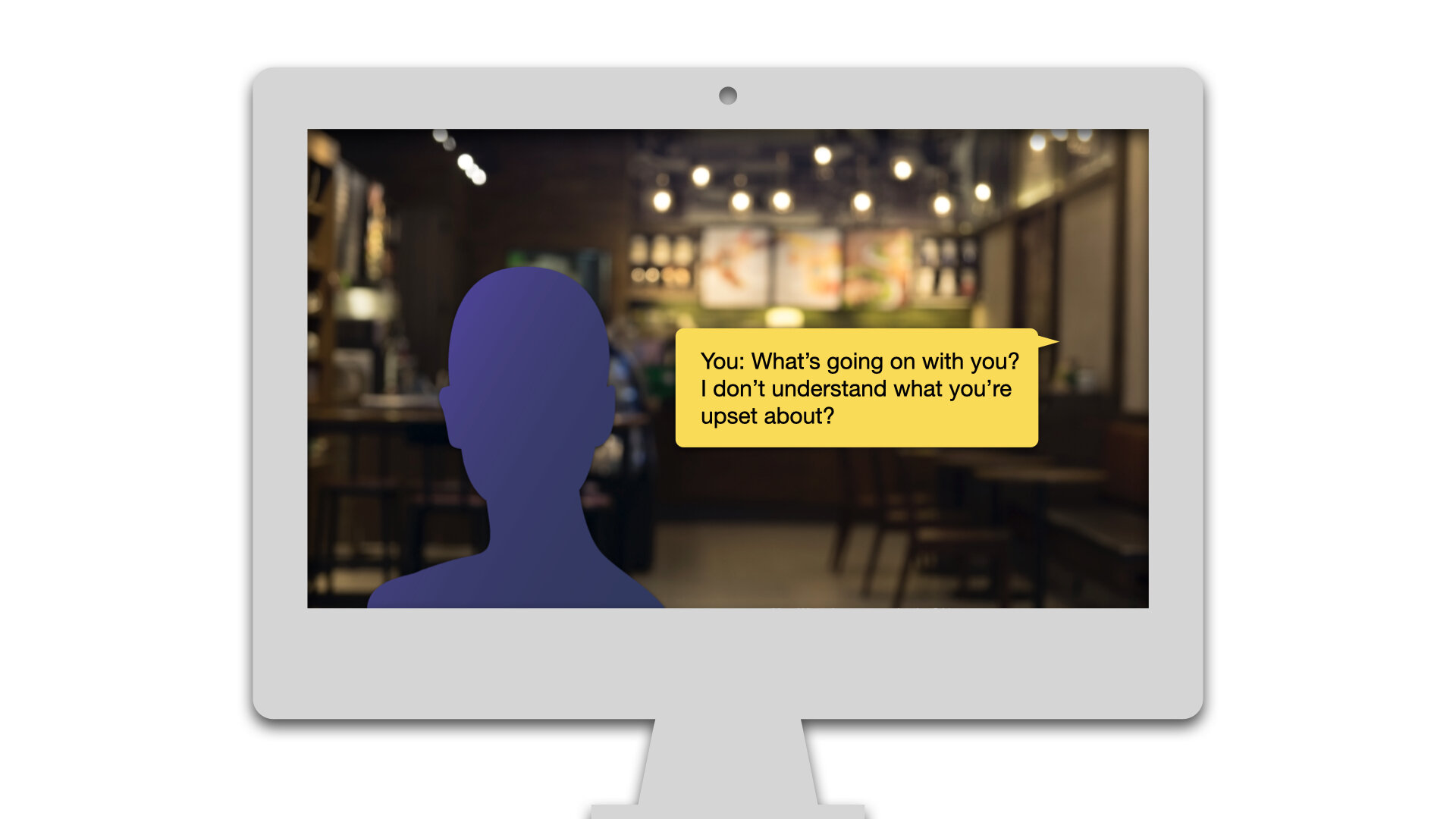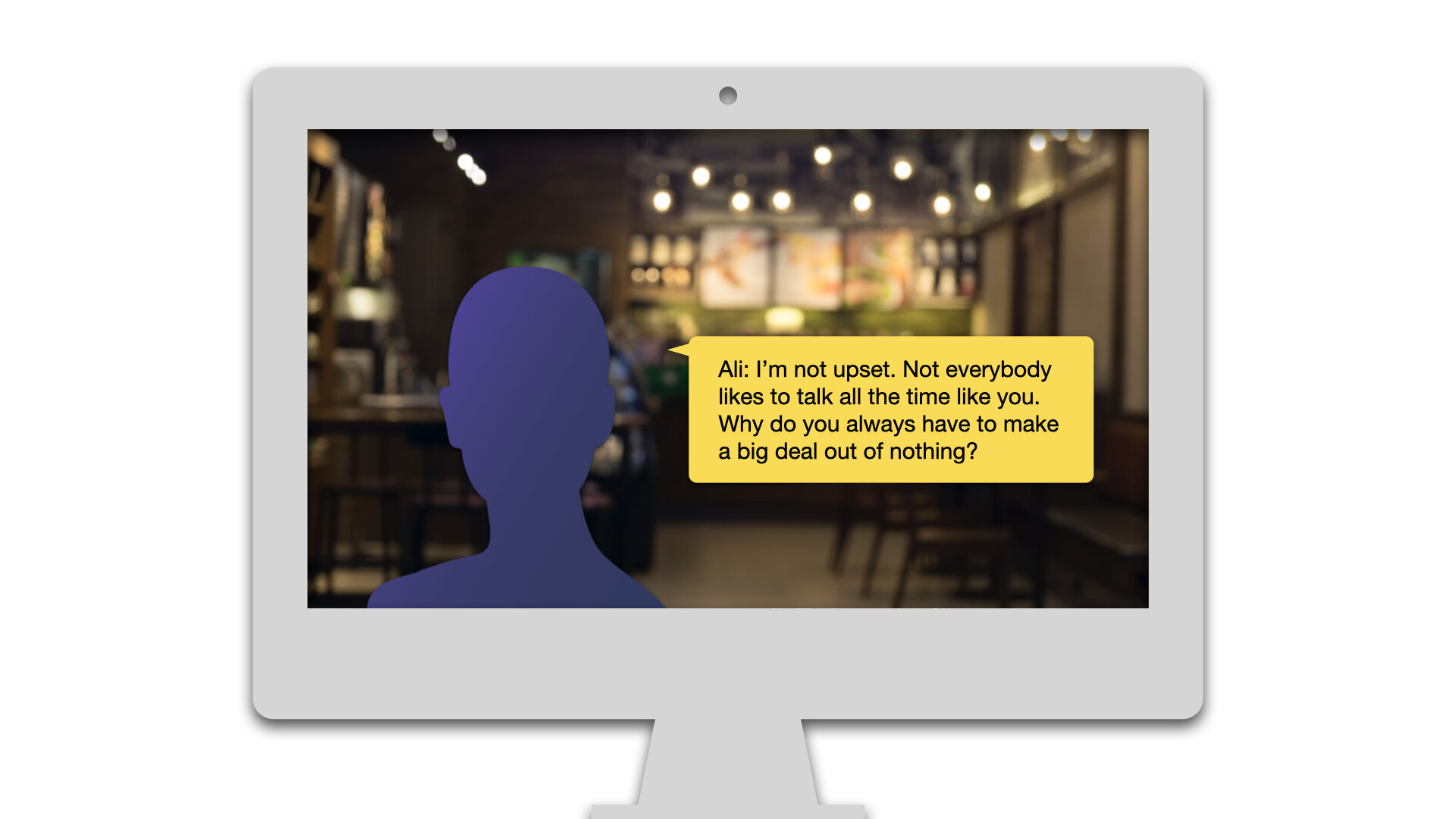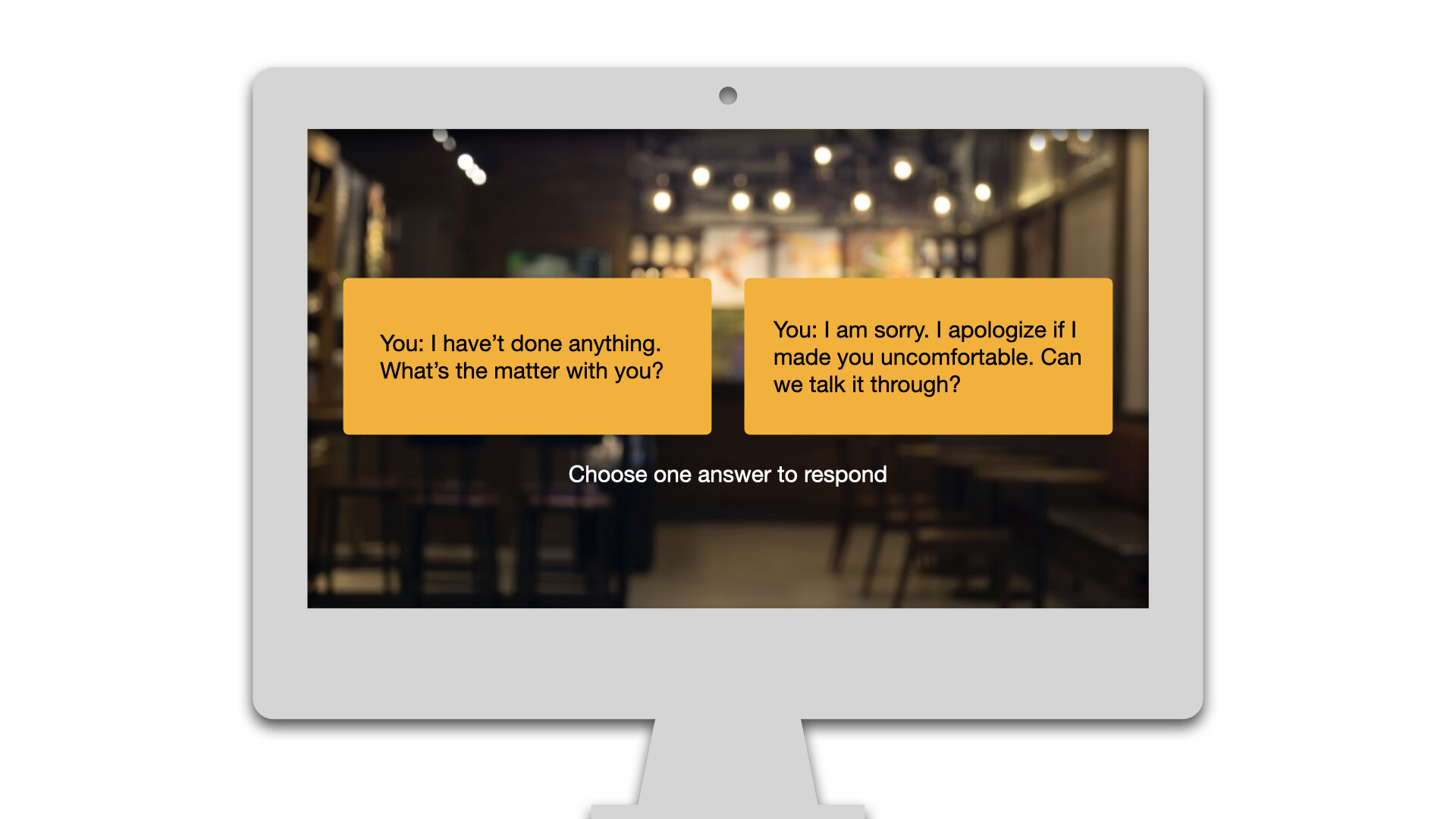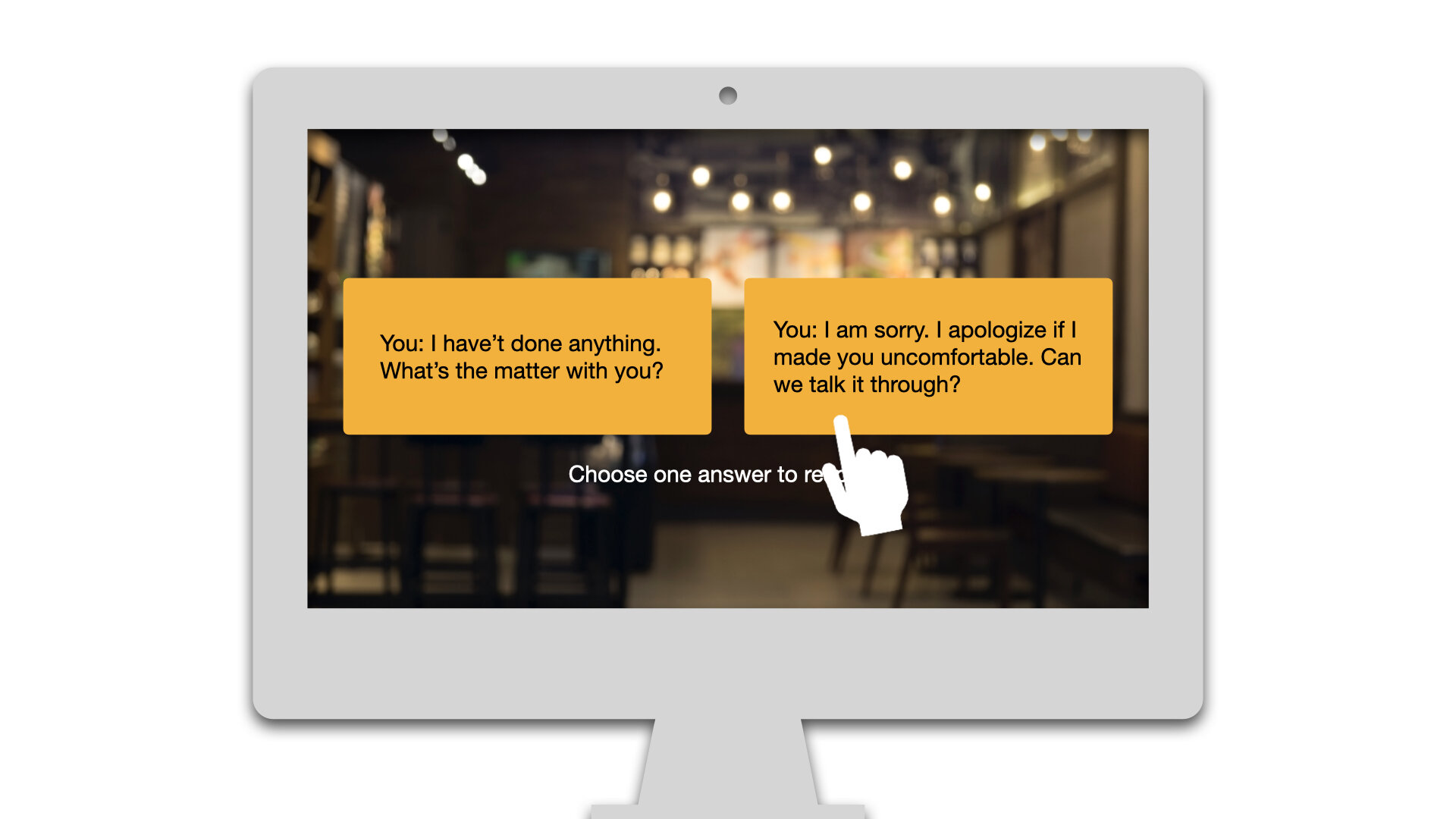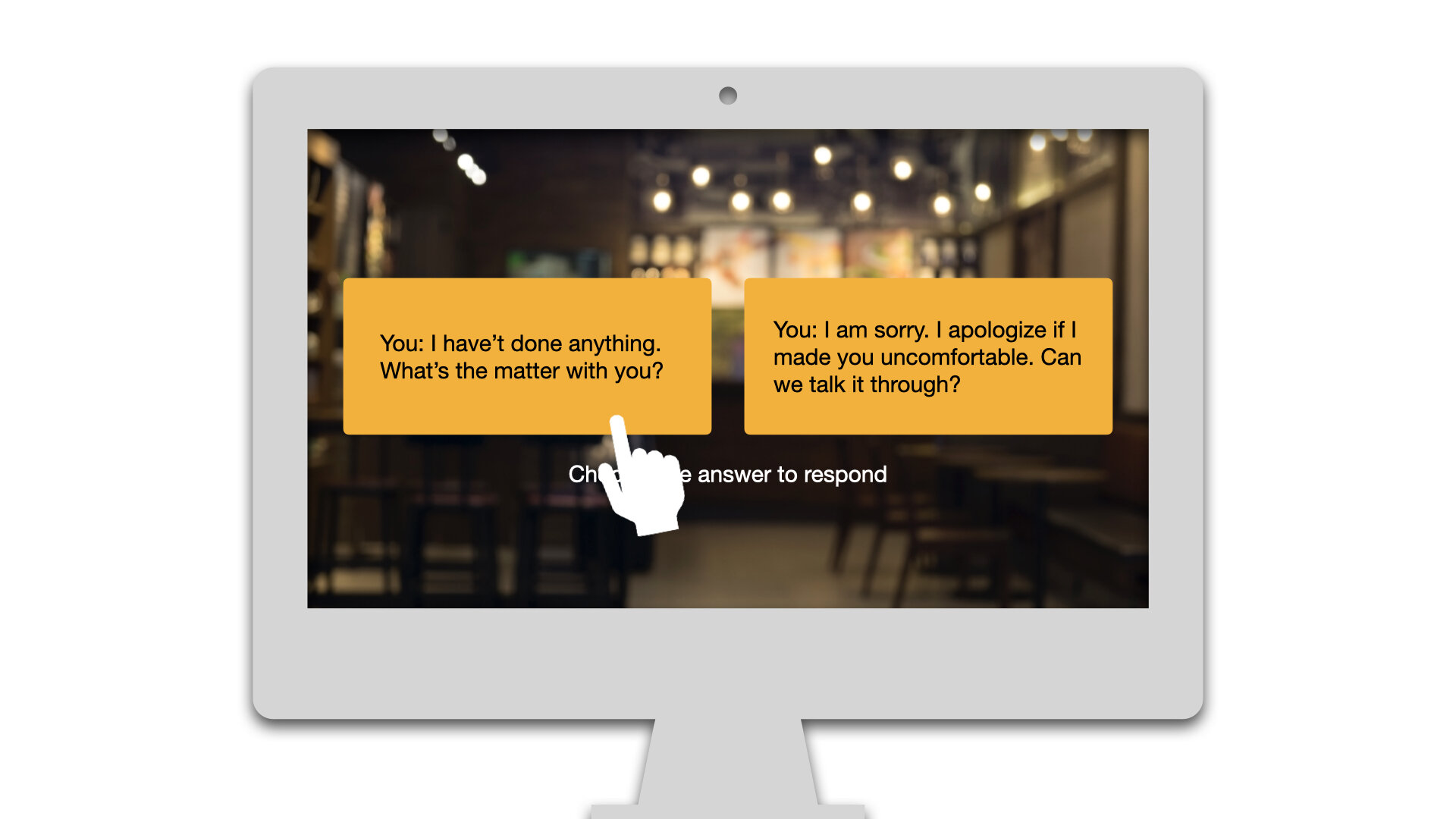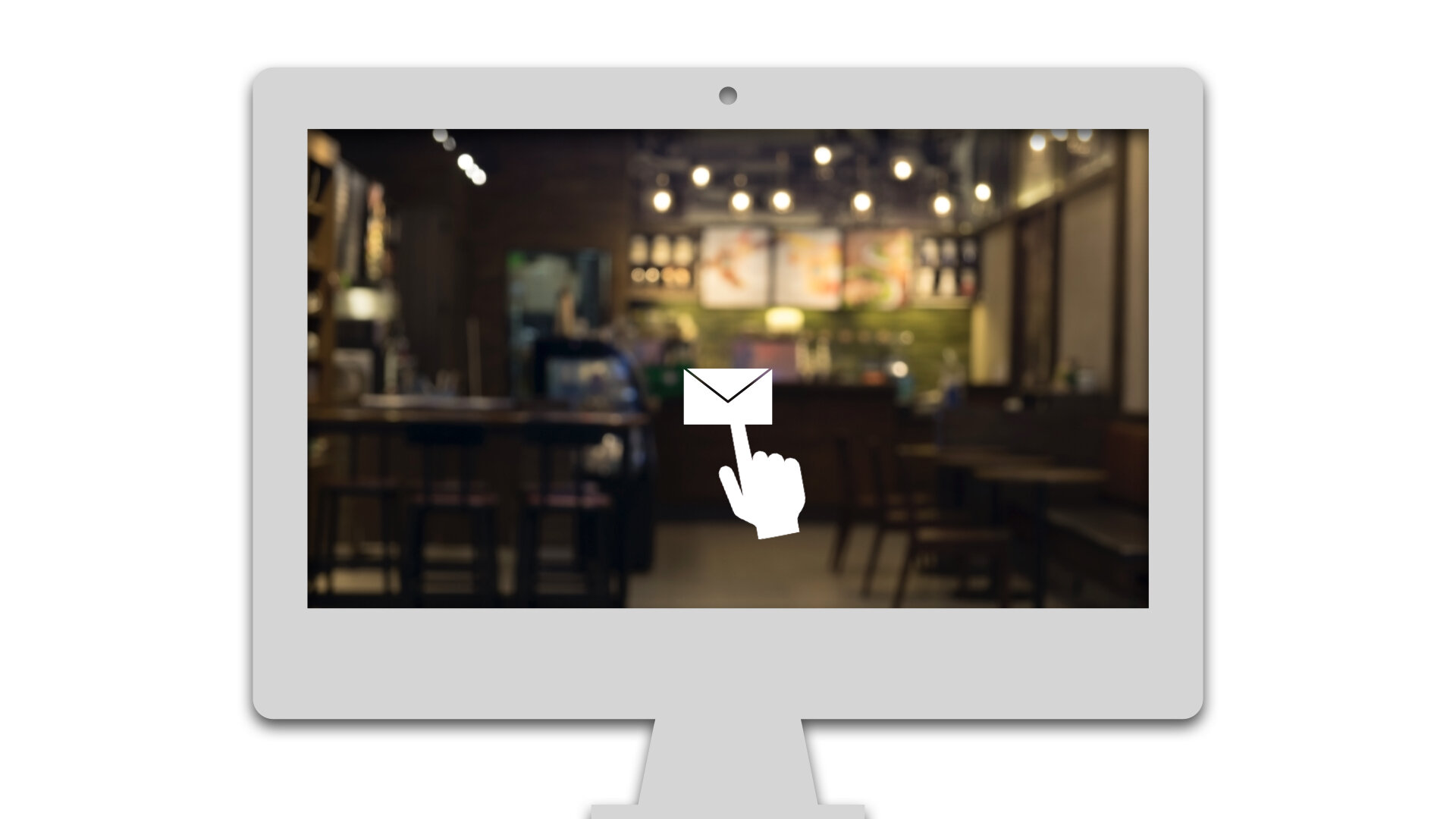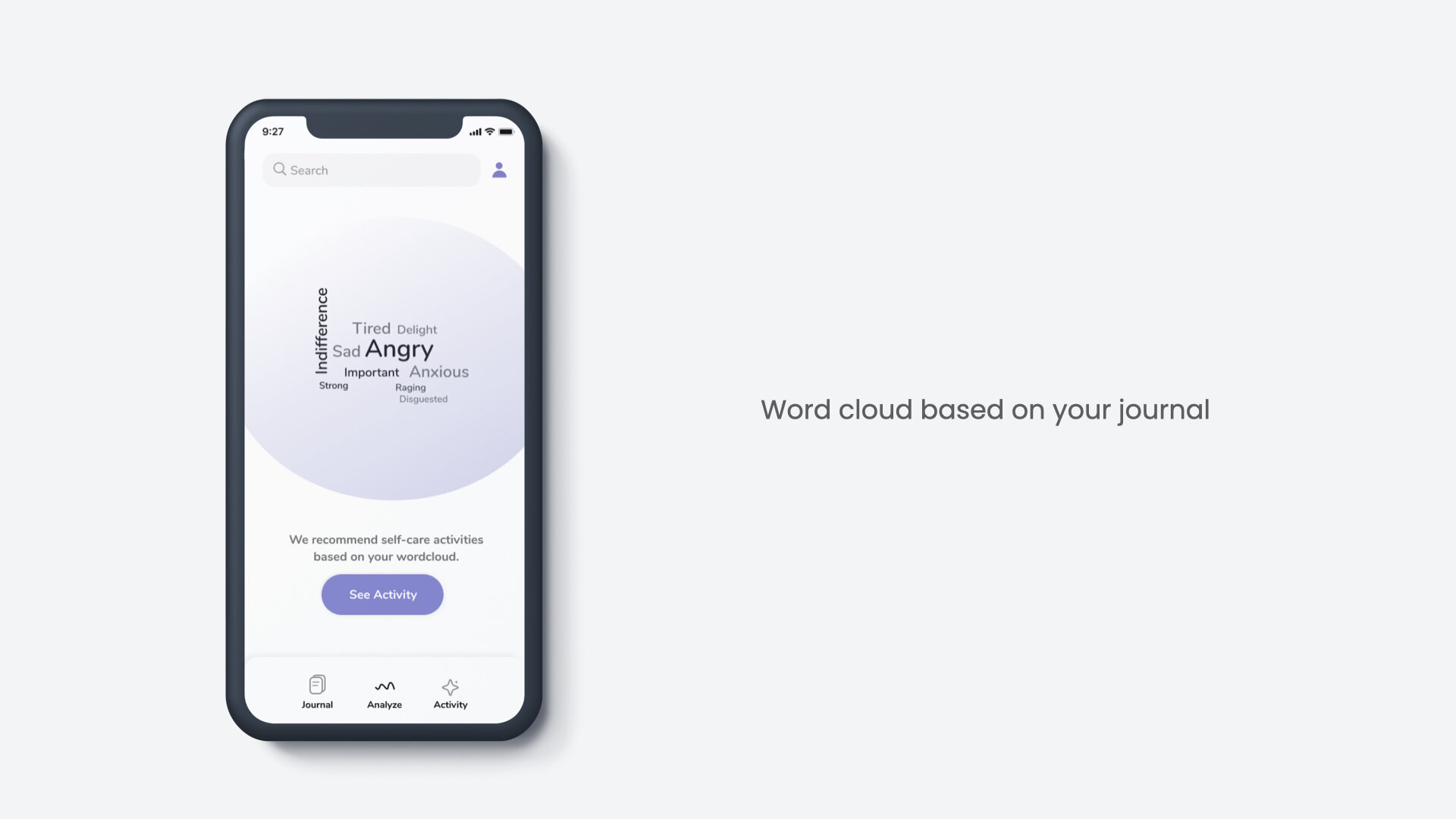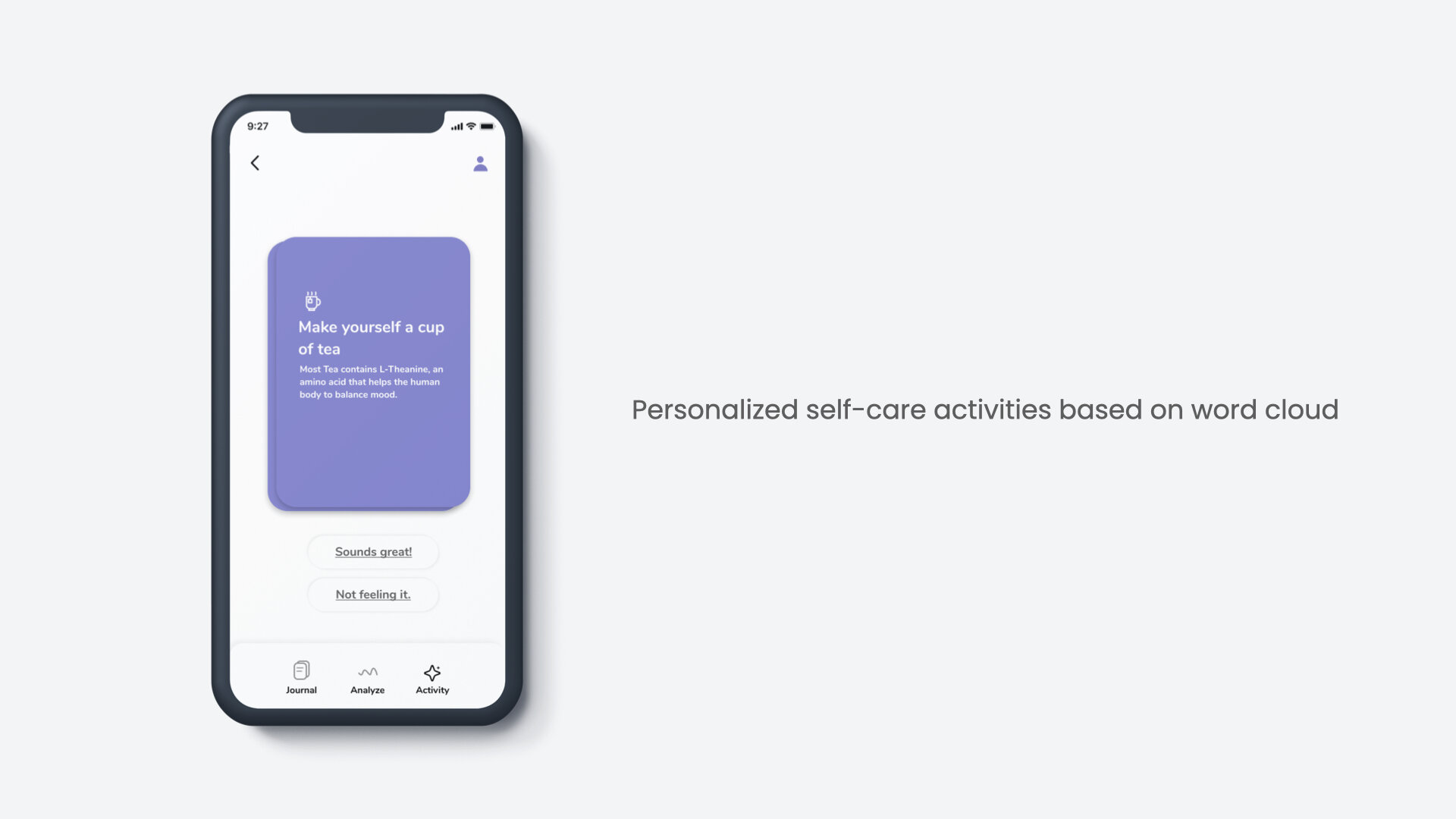Out From Control: Design Interventions Around Emotional Abuse
Xiaohan Miao's thesis, Out From Control: Design Interventions Around Emotional Abuse, is an in-depth analysis of emotional abuse towards women in relationships. While researching the complexity of emotional abuse, Xiaohan decided to zero in on the healing process from a personal angle—an individual woman’s journey. This body of thesis work proposes solutions to transform the narratives around emotional abuse, raise awareness, validate women's intuition, and takes the form of interventions such as a new social network for victims and the reimagining of self-care through journaling.
Emotional Abuse is a form of harm that uses feelings and words to control and manipulate others by embarrassing, shaming, and blaming them. Emotional abuse can lead to psychological trauma, including depression, anxiety, PTSD, and low self-confidence. According to a 2012 study, 40% of women have experienced emotional violence from their partner. By contrast, 32% of men have experienced the same.
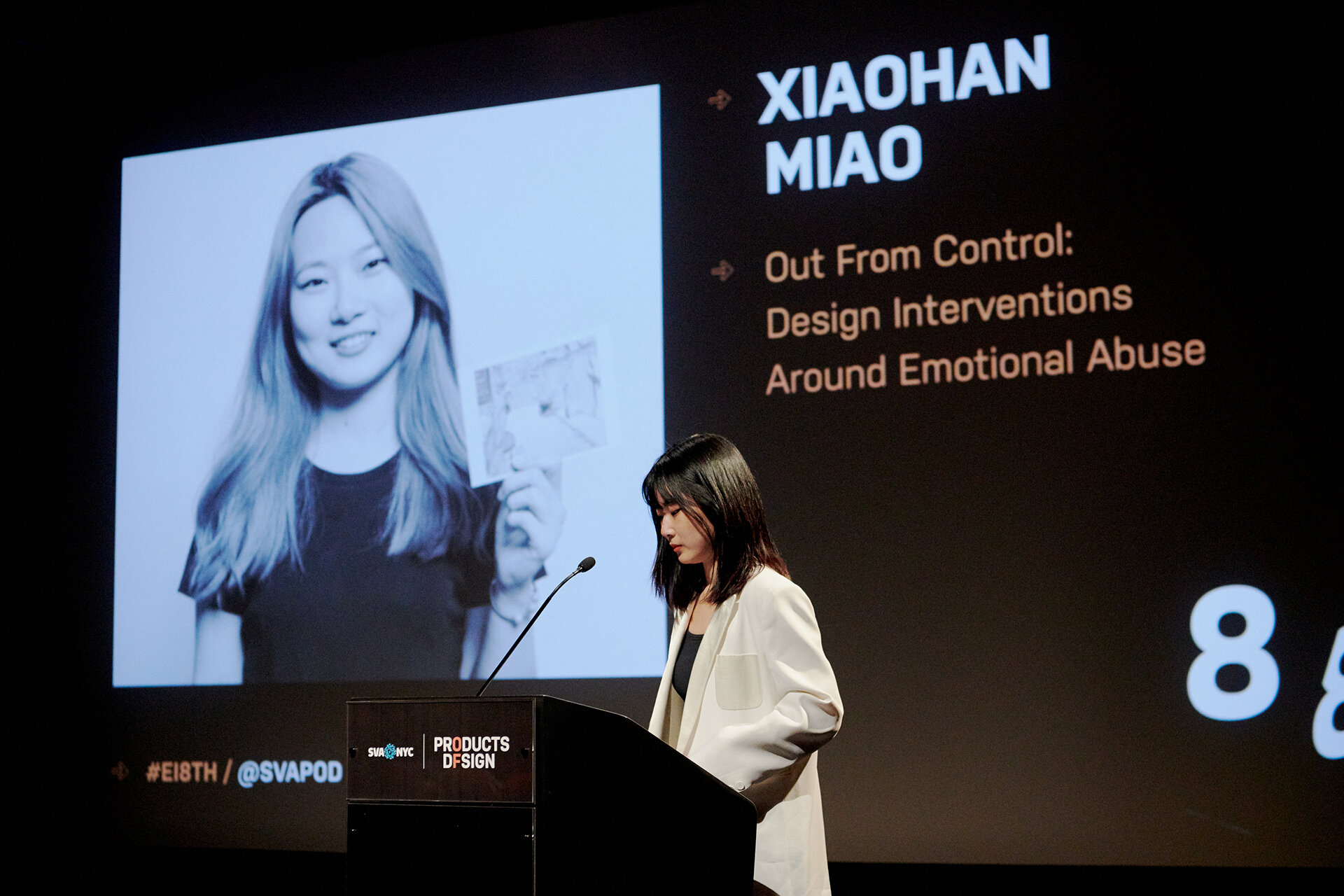
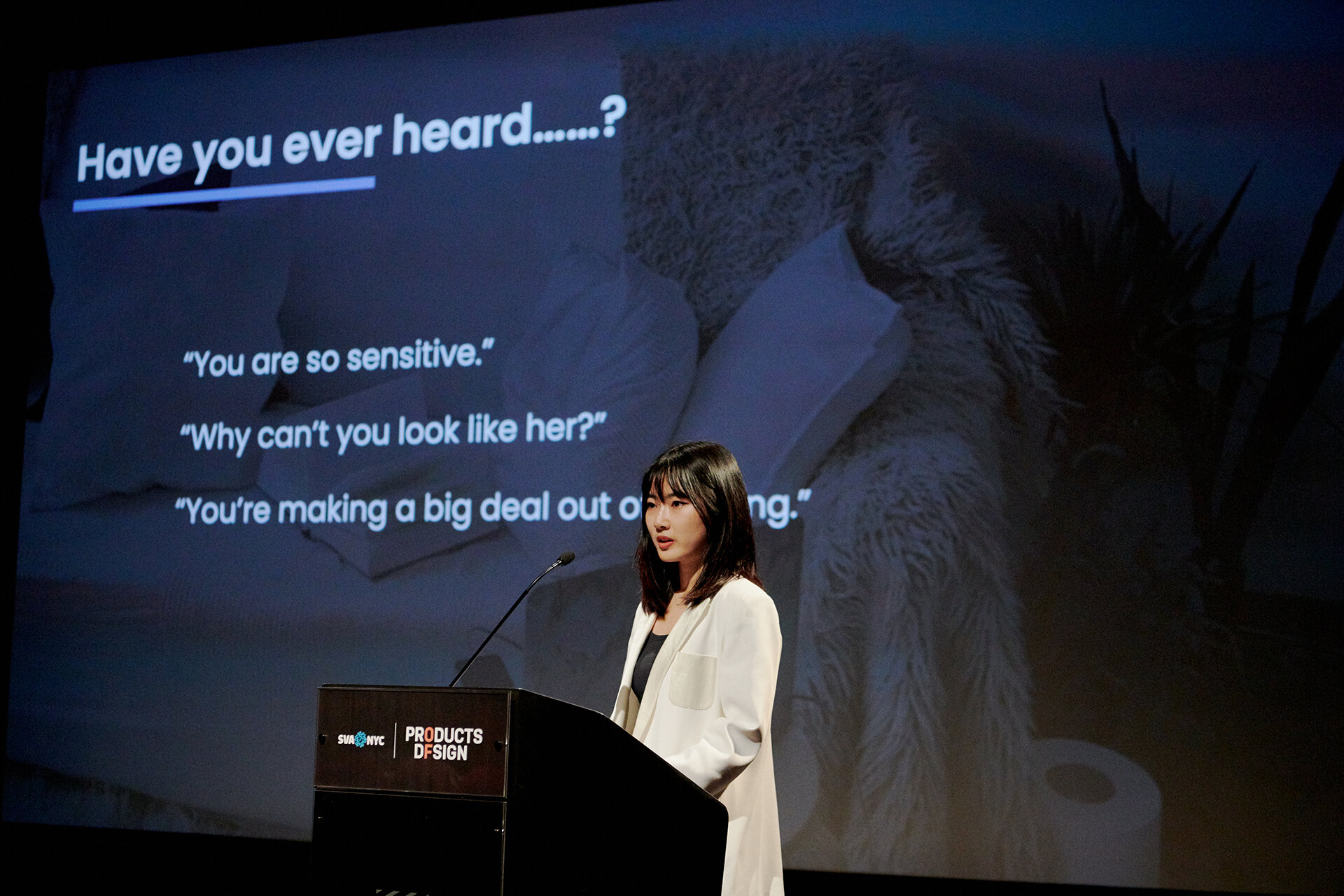
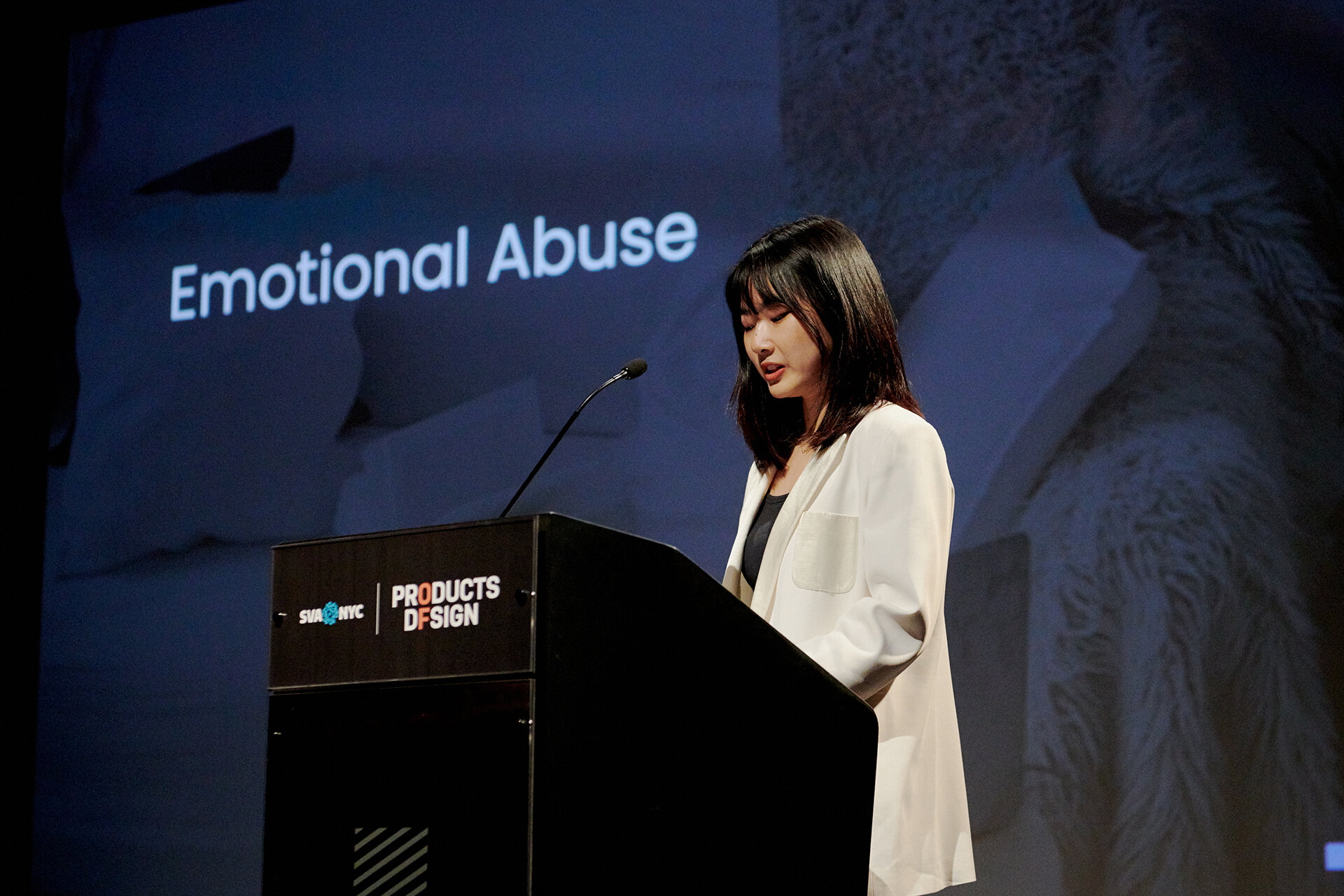
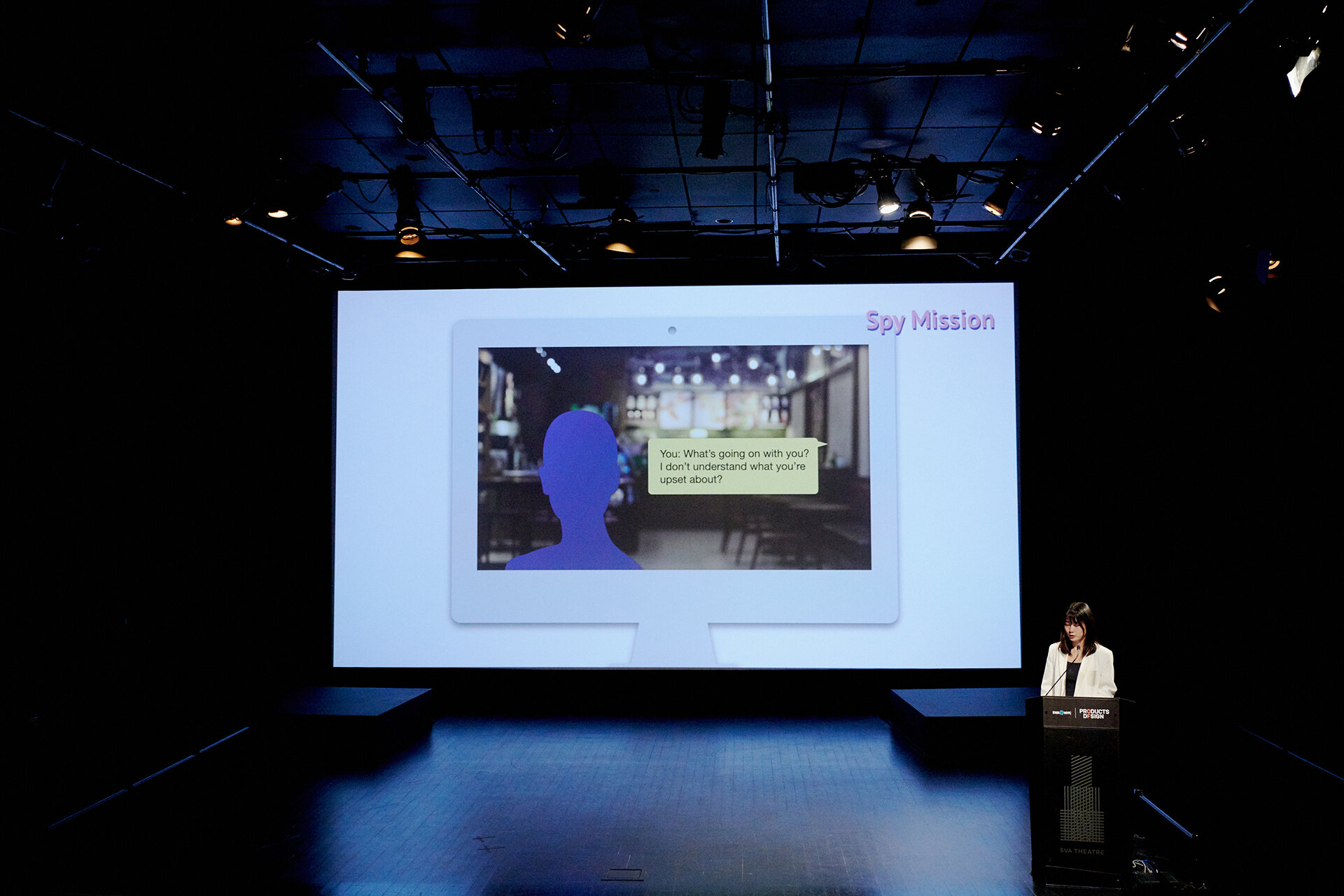
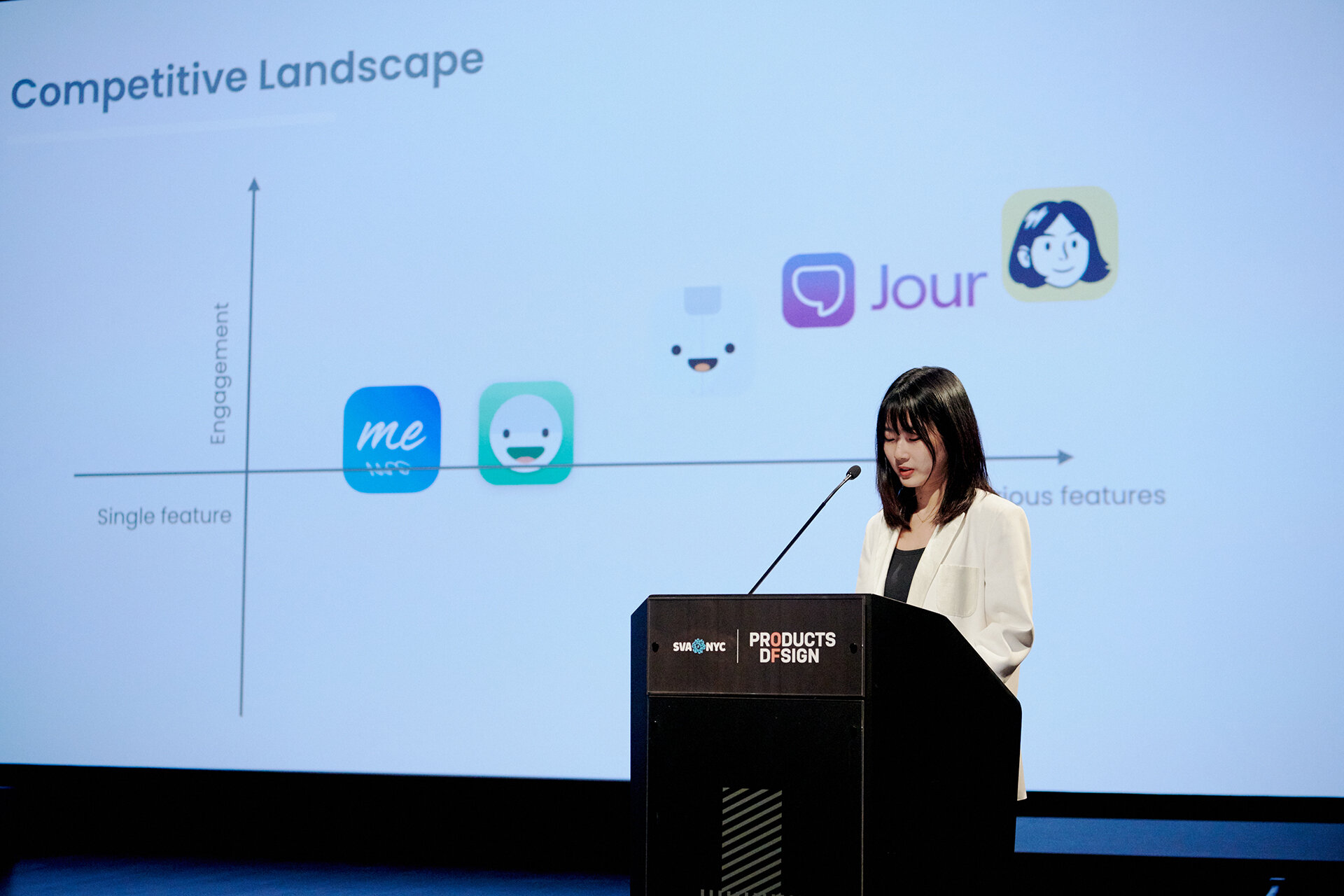
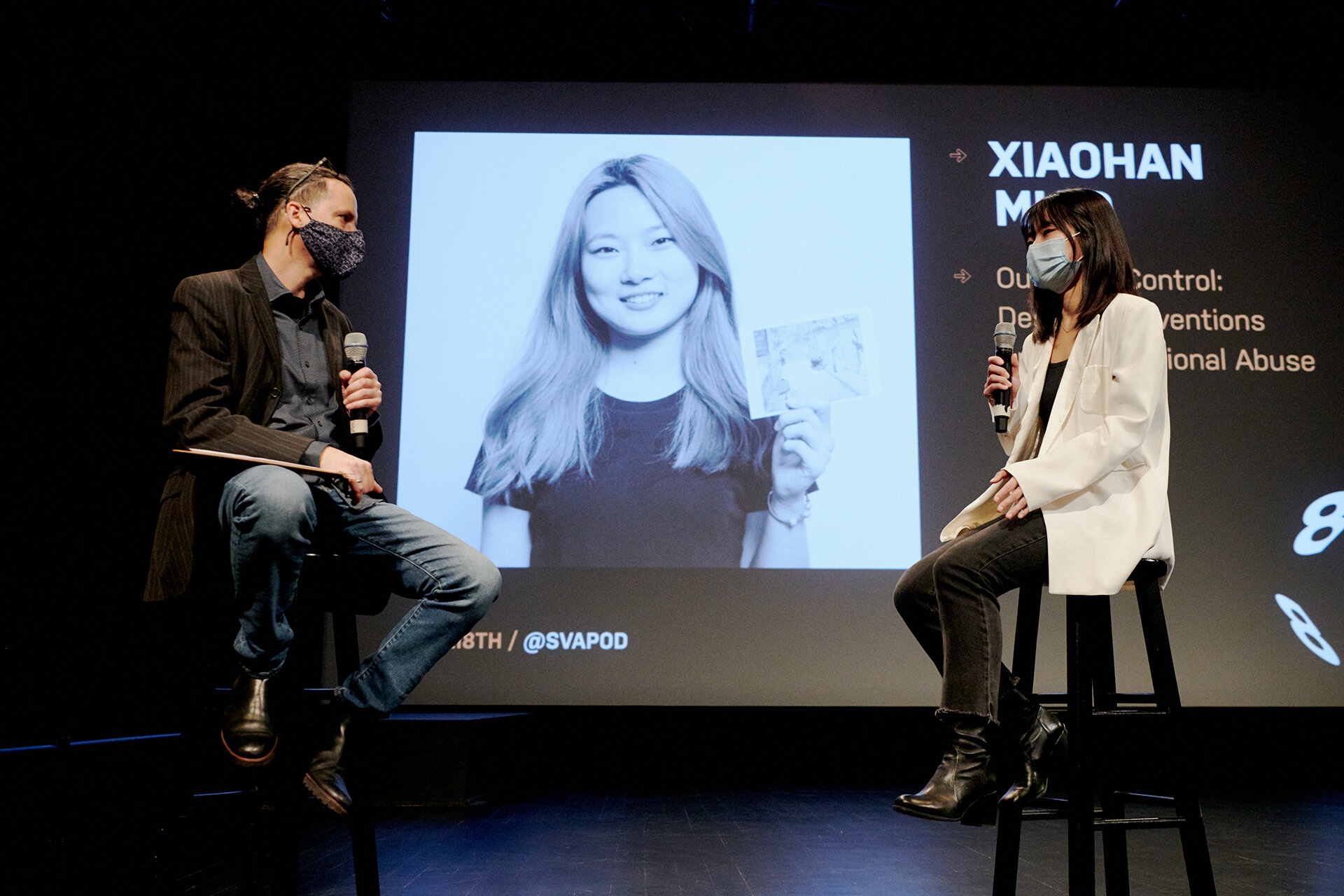
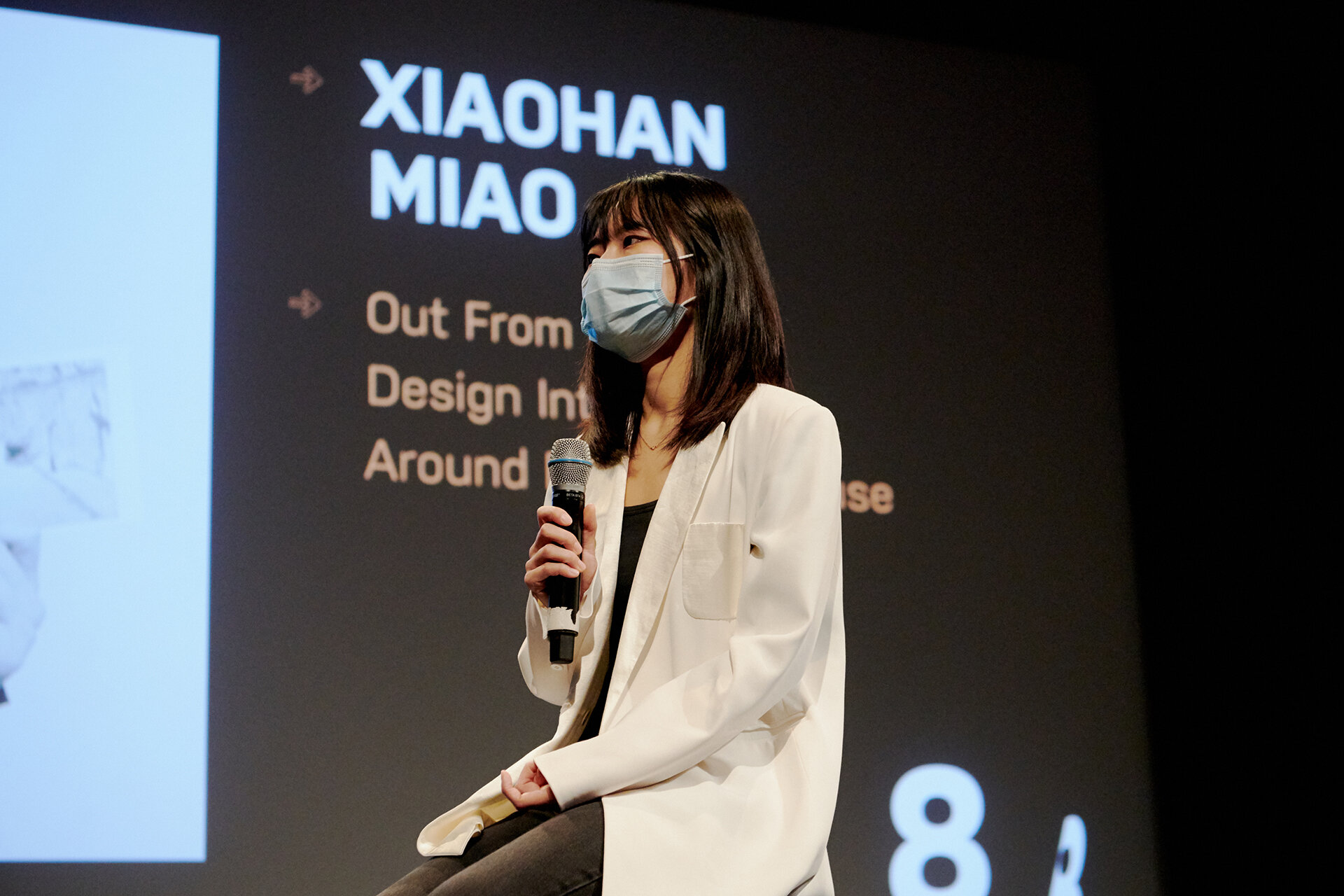
According to a 2012 study, 40% of women have experienced emotional violence from their partner. By contrast, 32% of men have experienced the same.
Spy Mission: A Date with Ali
Spy Mission: A Date with Ali is an immersive online experience. Using the model of interactive training videos, Spy Mission asks the audience to engage with a fictional conversation, through which they will learn about the many forms that emotional abuse can take and how hard the signs can be to recognize. To enhance the user's experience, elements of a role-playing game — including imaginary scenarios and a realistic atmosphere — are embedded in the design. After finishing the session, participants receive an information card that lists phrasal examples of emotional abuse. Through engaging with Spy Date, the audience experiences how subtle emotional abuse can be in daily conversations. Everyone is encouraged to participate in this experience design.
During her research, one user’s insights struck Xiaohan in particular. The woman told her, “I have no problem understanding the abusive words Ali said to me, but if it were my partner, it would be harder to tell because I trust them.” Through this experience, Xiaohan learned that women often blame and attack themselves when emotional abuse happens. In many cases, that’s exactly what the abuser wants them to feel. However, women have to understand that they are not the problem.
SENSSE
SENSSE is a visual indicator designed to be used covertly at home: It is a filter that the victim can run in the background of conversations without fearing that the abuser will detect it. The shape of SENSSE is inspired by a conventional lamp to disguise its actual function, and its AI sensor includes a database of thousands of abusive phrases and words.
How might we help women validate their intuition when they believe they may be being abused?
When turned on, the light glows with a warm tone to indicate that no abusive words have been detected. Once it detects abusive words and phrases, the light shifts to a cool tone, indicating that the situation could be emotionally harmful. In public advertising, SENSSE would provide very little information about the product's actual function. The advertising slogan would simply read, "It's just a lamp." But we would tell our users, "You can confirm and validate your feelings with SENSSE."
Soul
Soul is a journaling app that gives women self-care recommendations tailored to their particular needs. To create journal entries, users can choose from two functions: one that allows them to record entries through voice, and another will enable them to type. A vital feature of this app is that it has word recognition. It analyses a user's journal by highlighting words related to emotions and feelings and turns those words into a word cloud. The word cloud helps users to visualize their feelings and experiences. Soul also recommends self-care activities based on the most repeated words in the word cloud. Users can choose whether or not to accept these recommendations by simply tapping a button. The app's AI analyzes the user's responses to learn which suggestions are more significant or less effective. The result is that the app essentially gets to know its user and gradually personalizes the recommendations.
How might we help women to process their experiences and engage in self-care?
As Dr. Sun explained to Xiaohan during her research, “in order to heal, we have to shift the focus from others to us. Then we start to understand what we want and need.”
UMI
Umi is an app for women to share their experiences with each other. It provides an open and safe environment for women to talk about their experiences and offers peer support based on their specific needs. When a user logs in, she begins by answering a questionnaire to be matched with another woman with a similar experience. After being matched, the "'peers"' can chat with each other and talk about the problems they are concerned about. With Umi, users will experience a safe and open space to talk about their hurt and pain without fear of judgment.
How might we support and build community among women who have experienced emotional abuse?
After exploring these four steps in the journey towards healing from emotional abuse through four different design solutions, Xiaohan realized that countless factors are affecting emotional abuse, and these factors must also be addressed. Additionally, not only women, but also men, children, and elderly people can be victims of emotional abuse. An individual's journey is always personal, but it is very often also a reflection of something larger, such as inequality within a relationship, a problem within the community or harmful cultural beliefs. As Xiaohan shared in the closing lines of her thesis presentation, “I would like to encourage everyone to get involved, as ending abuse requires everyone’s help.”
To learn more about Xiaohan Miao's work, take a look at her projects in more detail at www.xiaohanmiao.com.













